The News-Hub/ Articles
Back to Articles
Recommended Articles
Is There Still Hope for Our Planet?
With every passing day comes more news about the devastating effects of plastic use on the environment, and the seemingly indefinite amount of years it will take for the earth to recover from this damage. Many studies have also revealed that plastic is not only a curse to the environment, but humans too.
For example, a 2019 study by the World Wide Fund for Nature (WWF) concluded that the average individual ingests as much as five grams of microplastic every week in the form of food, liquid and even air; this is equivalent to consuming the weight of a credit card. Therefore, several groups and individuals are coming together to protest against plastic use and urging authorities to take action.
On Earth Day 2019, youth activists came together to protest against the Plastic Industry Association in Washington, D.C. Taking part in such movements creates awareness among society and pushes forward the message that this is the right time to take action. As one member of the youth climate strike movement, Fridays for Future, said during the protest outside the Plastic Industry Association, “[w]e’re here today because we believe in the power of society to change”.
And so, amidst all of the news that may drive one crazy, there is still hope. We must acknowledge why and how there is hope, to keep encouraging the fight for change.
Several countries around the world have pledged to protect the environment from the overuse of plastic and, as such, are taking legitimate action to make a positive impact on the globe.
For instance, the UK is a leading country that is actively fighting the war against plastic use. In October 2020, England banned several single-use plastic items, including plastics buds and plastic straws. The Government has also actively participated in initiatives like the ‘Deposit Return Scheme’ (DRS), which seeks to minimise the damage caused by plastic bottles on beaches, and considered the enforcement of a 'Latte Levy', where consumers are charged an extra 25p for their coffee if they opt for a disposable cup.
Other countries are also at the forefront of the battle. For instance, in 2018 Chile banned single-use plastic bags throughout the nation, and allowed smaller businesses until May 2020 to adopt the bill. Of the 3.4 million plastic bags used per year by Chileans, only 10% ended up being recycled. Therefore, this bill is a large step in the right direction in the fight against climate change.
Meanwhile, in 2017, Kenya introduced what is considered one of the strictest bans on plastic bags. Anyone simply carrying a plastic bag could face imprisonment of up to four years alongside heavy penalties. The country has also adopted a number of green initiatives that reuse plastic waste to create fuel and build houses. Moreover, in 2003, Germany developed the deposit return scheme for soft drinks, alcohol and medicine bottles. Since then, almost 99% of bottles are returned for recycling.
These are just a few examples of governments implementing smart initiatives to help protect the planet and its inhabitants, but there are many more as well that contribute to the well-being of our planet.
Thus, it is important to remember that, despite all of the overwhelming news we hear on a regular basis, there is still hope for our environment to heal. Yet, it is also important to remember that this cannot happen unless individuals, like you and me, do our part as global citizens and participate in the many initiatives our governments have in place that prioritise our planet.
Have you heard of any eco good news stories? Or perhaps you've set up your own initiative to help make our world a better place? Let us know in the comments below!
Empty content. Please select category to preview



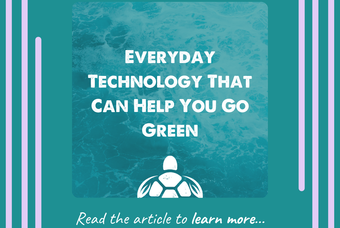


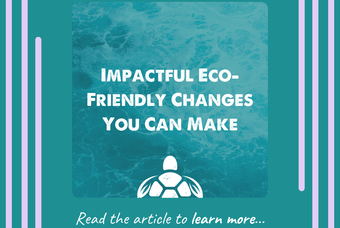
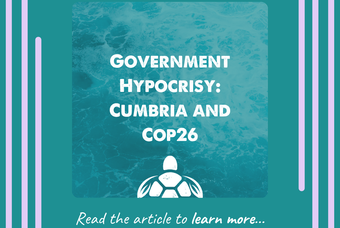
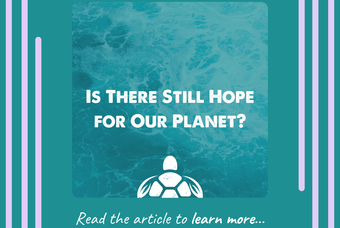
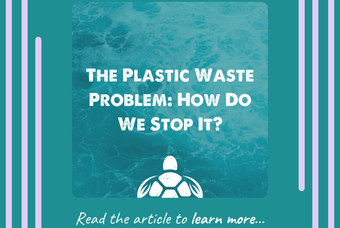
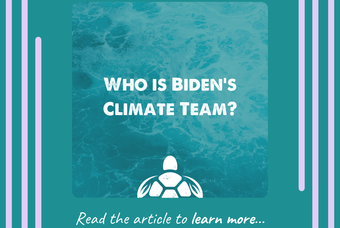
0 comments. Write a comment